9 Famous Thai Celebrities’ Cafes and Eateries in Thailand
A look at a list of Thai celebrities who own restaurants and ...
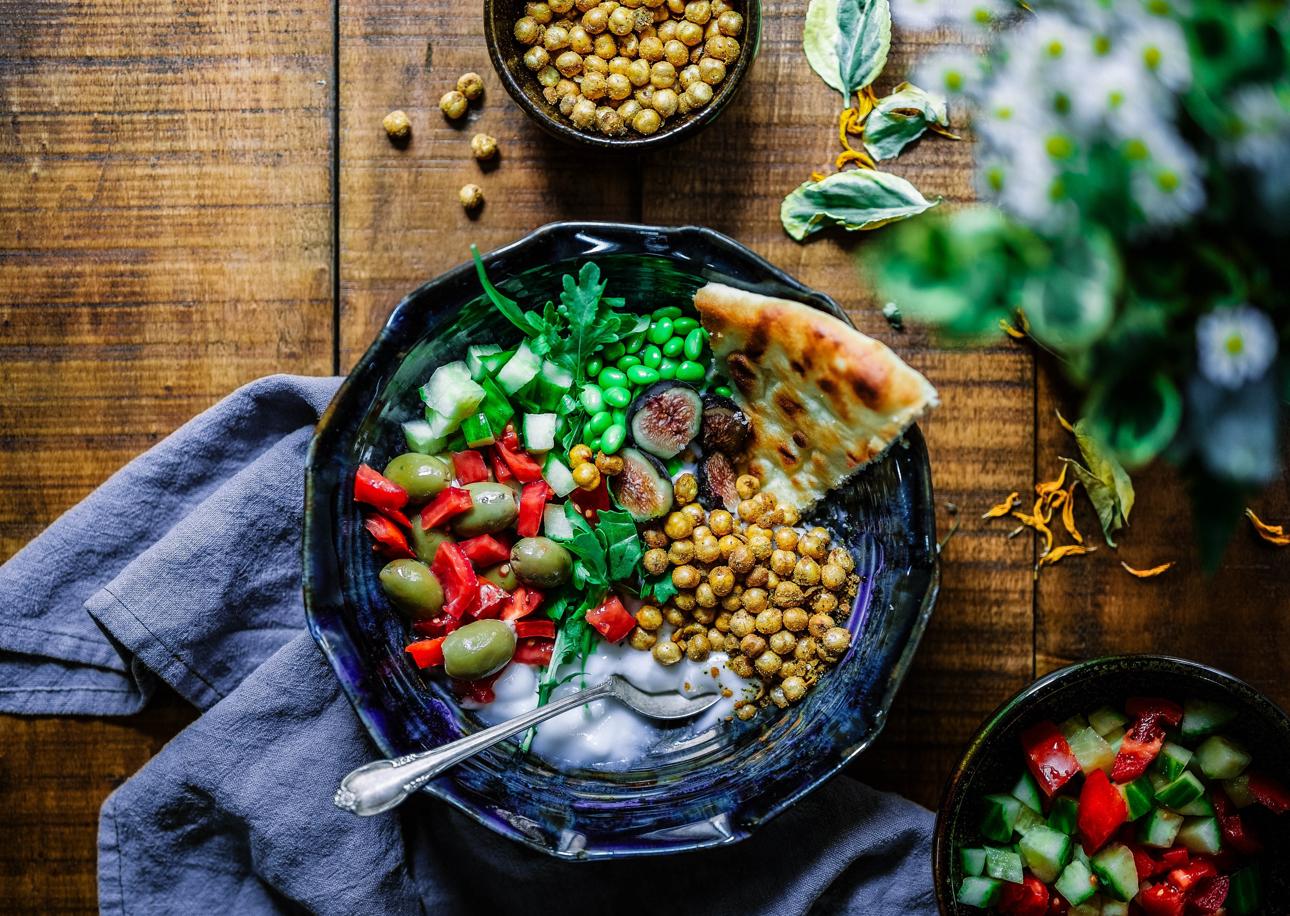
Most experts agree that a well-planned diet without meat can give you all the nutrients you need, including protein. However, some plant foods have more protein than others, and both new and older studies suggest that diets with more protein can help make your muscles stronger, keep you feeling full, and help you lose weight.
According to Healthline, there are both benefits and risks of a vegan diet. To start with, vegans typically have lower body mass indexes (BMI) compared to those who eat meat. This connection could possibly lead to decreased risks of chronic diseases in specific populations. Furthermore, research indicates that vegan diets might be more effective for weight loss compared to various other diets, including the Mediterranean diet. Moreover, adopting a vegan diet has also been associated with a reduced cancer risk. Plant-based diets are also tied to various other health advantages, such as reduced blood pressure, improved blood sugar regulation, and enhanced heart health. Due to these factors, multiple health organisations propose an increase in the consumption of plant-based protein in our diets.
Proteins consist of chains of molecules called amino acids. There are 20 amino acids available for your body to build protein. Among these, nine are essential, meaning that your body cannot produce them internally, therefore, it is necessary for them to be part of your diet.
The remaining 11 amino acids are non-essential, as your body can generate them by modifying the essential amino acids. Animal-derived proteins provide all nine essential amino acids while plant-based proteins also contain all nine but mostly offer a limited amount of at least one essential amino acid.
For instance, beans, lentils, peas, and several vegetables tend to be deficient in cysteine and methionine. Conversely, grains, nuts, and seeds tend to lack lysine. Consequently, some individuals may refer to plant-based foods as “incomplete” sources of protein.
Nevertheless, if you combine a variety of plant-based proteins, you can still get adequate quantities of all the vital amino acids your body requires. Koktail has made a list of a few great plant-based protein sources below:
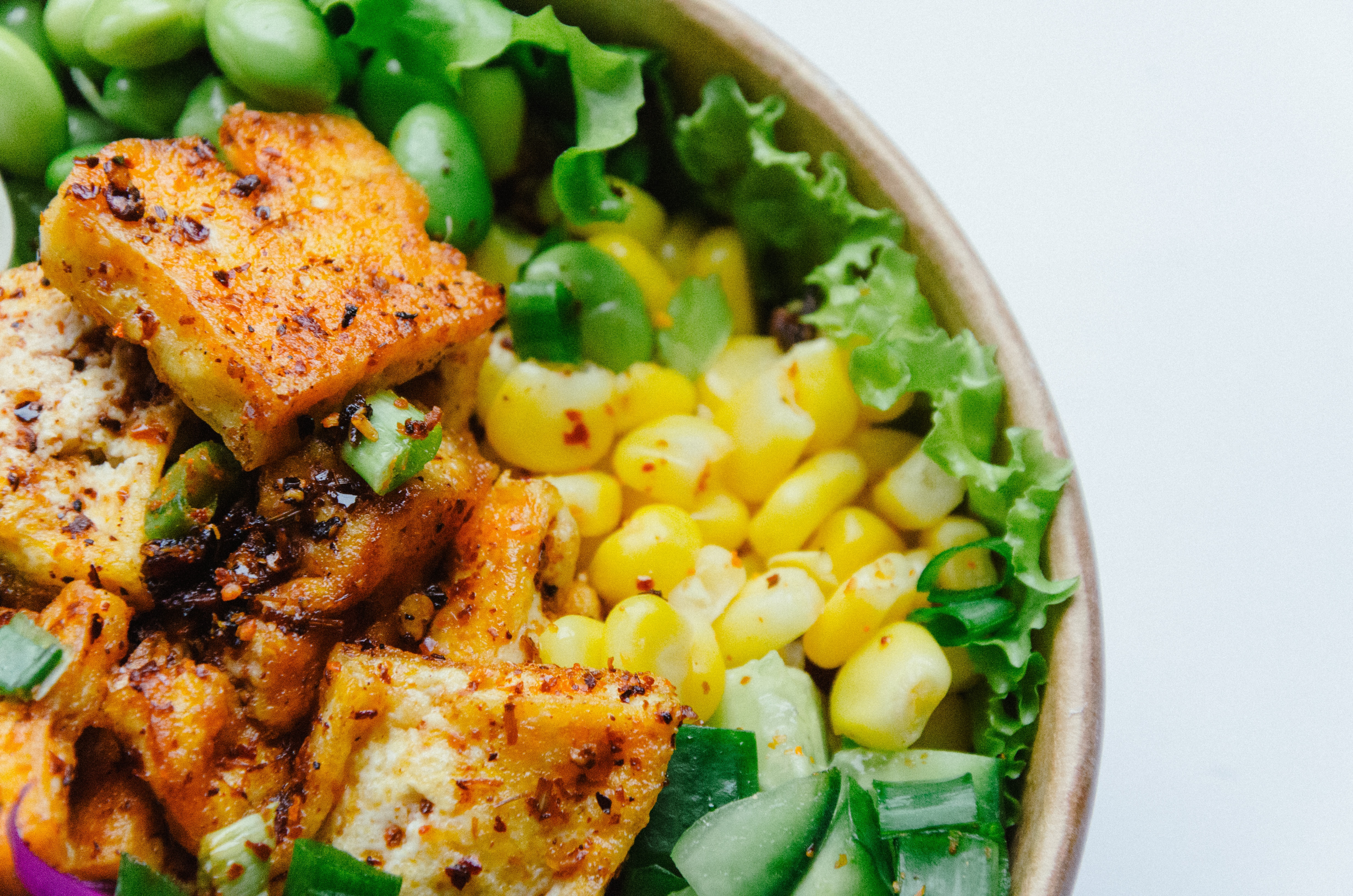
Tofu, tempeh, and edamame all originate from soybeans. Popular in East Asian cuisine, soybeans are considered a whole source of protein. Also tasty, these ingredients can be used in a variety of recipes like curries, stews, or soups.

Popular among vegans and vegetarians, seitan is derived from gluten, which is the principal protein found in wheat. Moreover, it stands out in its ability to closely mimic the appearance and texture of meat after cooking. Moreover, seitan also serves as a valuable source of selenium and contains modest amounts of iron, calcium, and phosphorus.
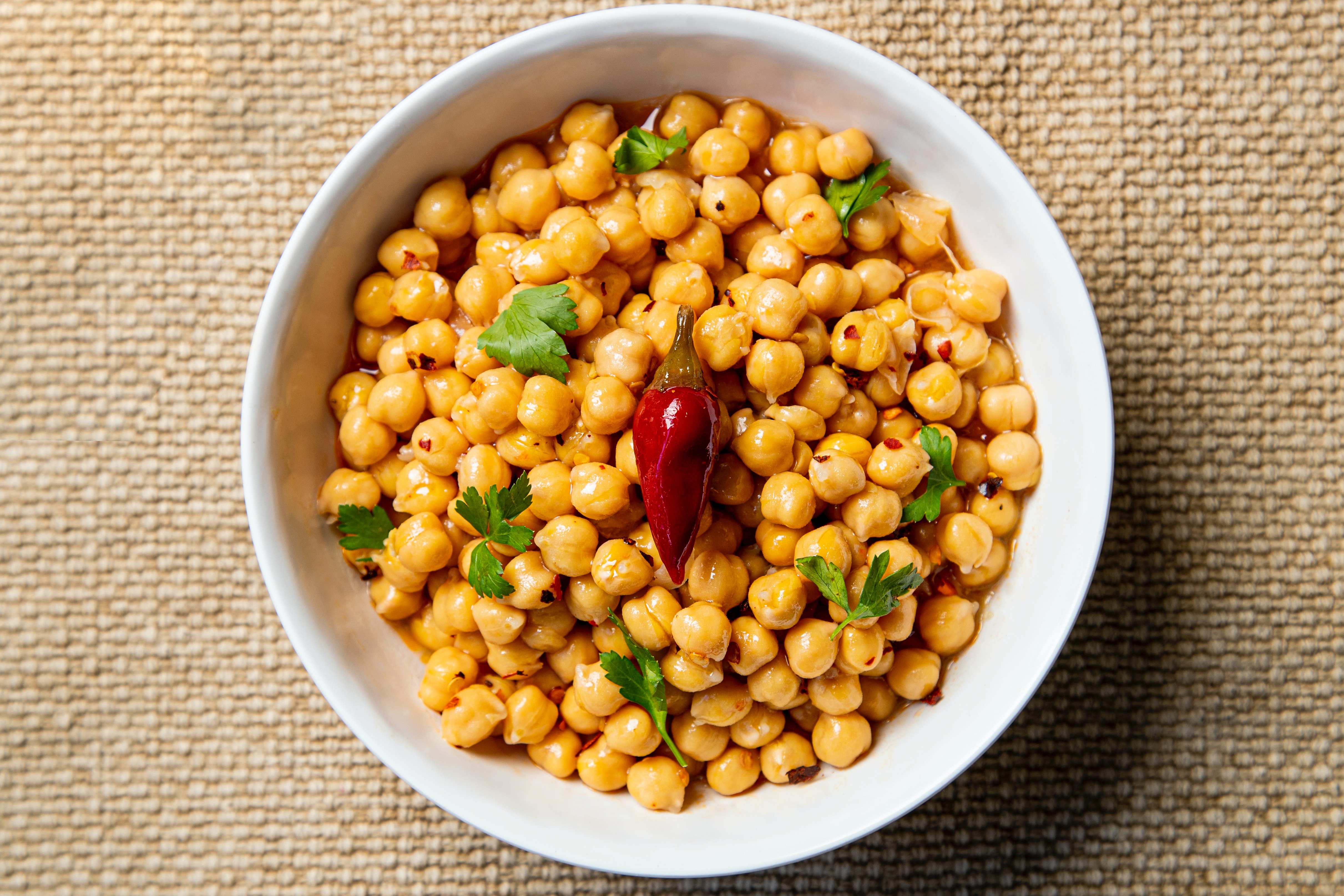
Kidney, black, pinto, and various other bean varieties hold significant importance as staple foods in diverse cultures, offering substantial protein content per serving. Similarly, chickpeas, also recognised as garbanzo beans, belong to the bean family and stand out for their impressive protein content. Add beans into your diet by cooking a delicious homemade bowl of chili or a chickpea burrito bowl.
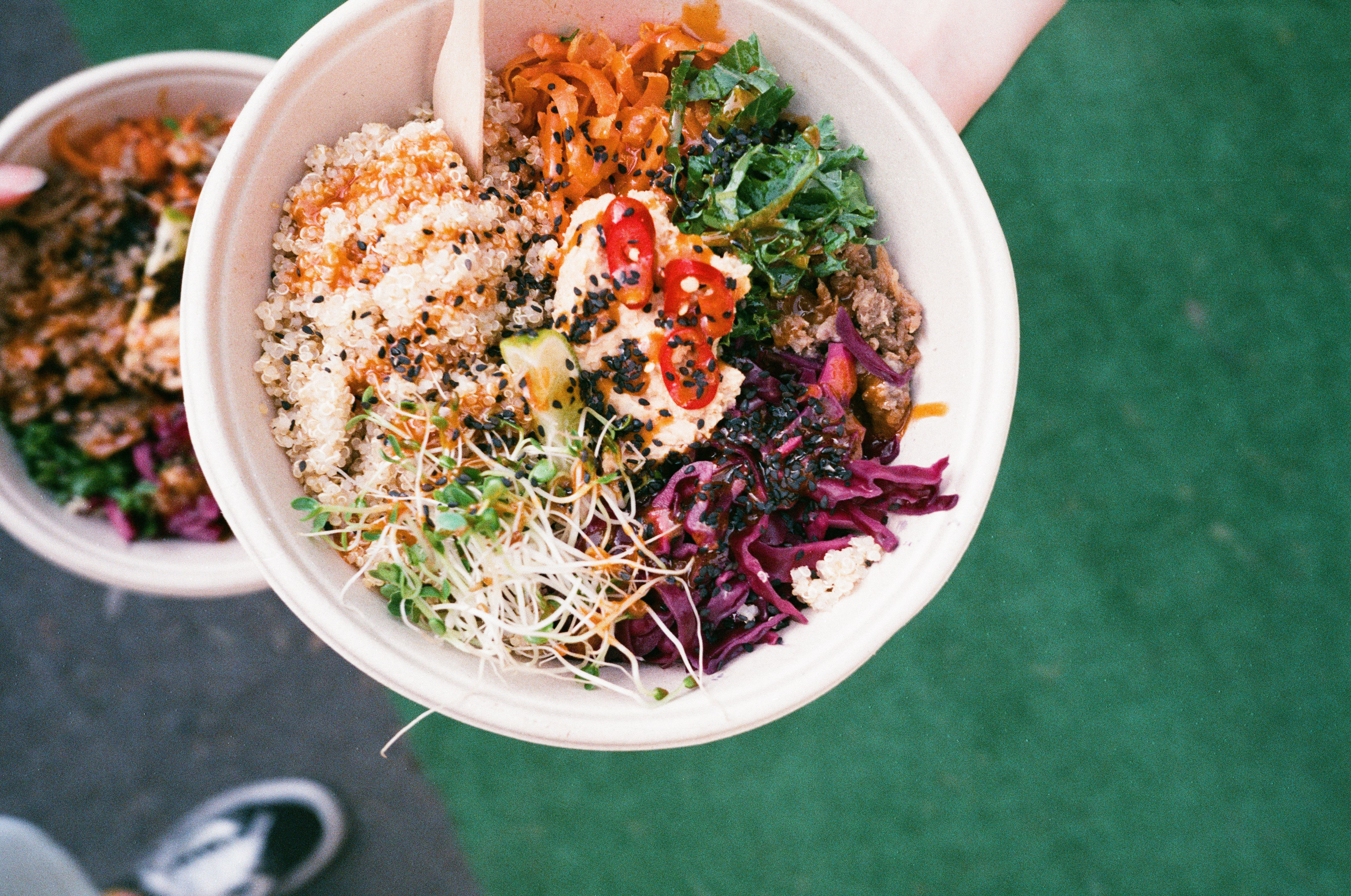
Both amaranth and quinoa can be prepared and ground into flours which are rich sources of complex carbohydrates, dietary fiber, iron, manganese, phosphorus, and magnesium. Enjoy dishes like kale quinoa salad, apple-cinnamon quinoa pancakes, or breakfast quinoa bowl with berries, coconut, and nut butter.

Soy milk is made from soybeans and is typically enriched with essential vitamins and minerals. It serves as a superb dairy milk substitute for those who are allergic to dairy products. Furthermore, soy milk stands out as an outstanding source of calcium, vitamin D, and vitamin B12.
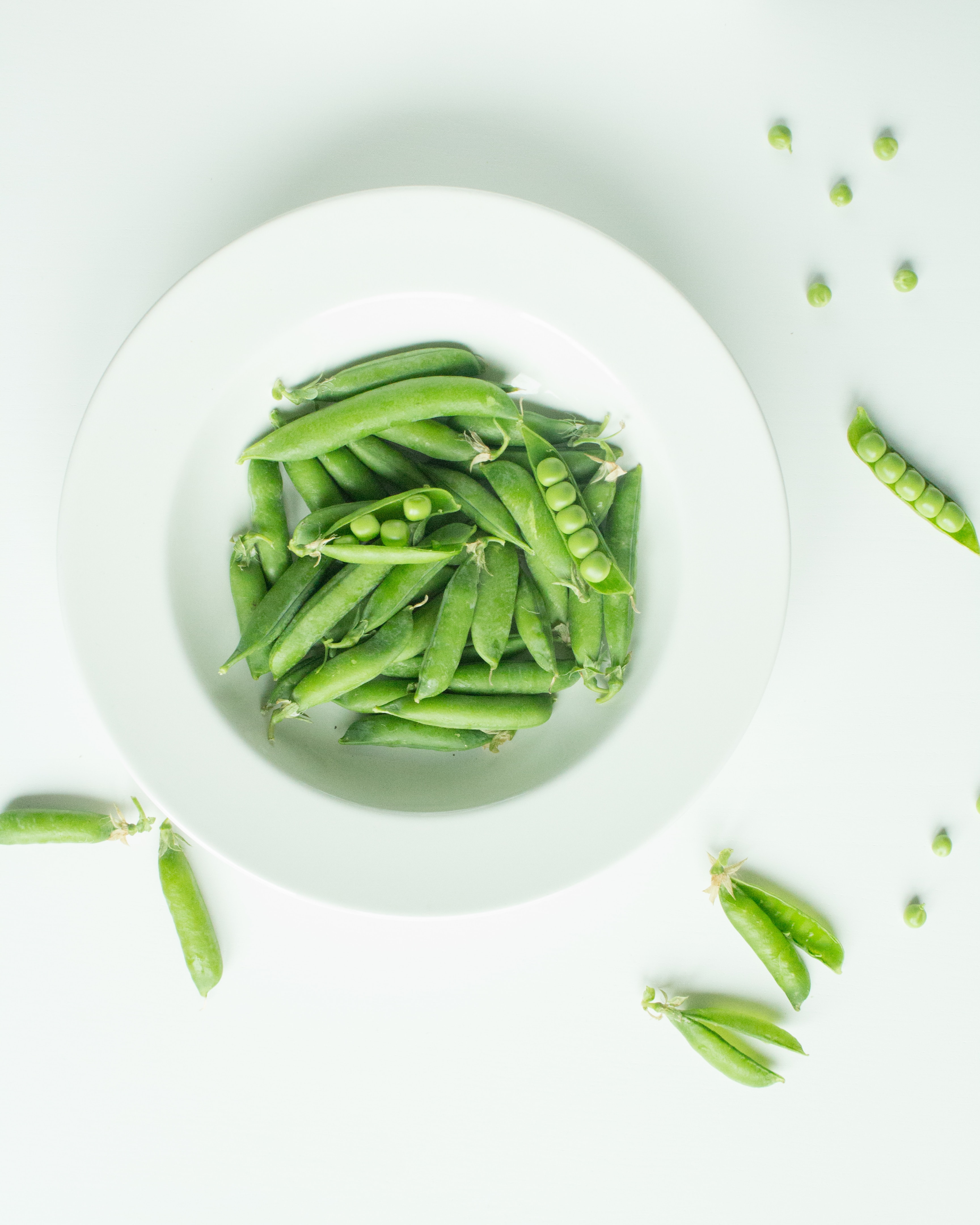
A single serving of green peas provides over 25% of your daily requirements for fibre, thiamine, folate, manganese, as well as vitamins A, C, and K. Additionally, green peas offer a valuable supply of iron, magnesium, phosphorus, zinc, copper, and various other essential B vitamins. Healthy and delicious, green peas are great for pasta, guacamole, or soup recipes.
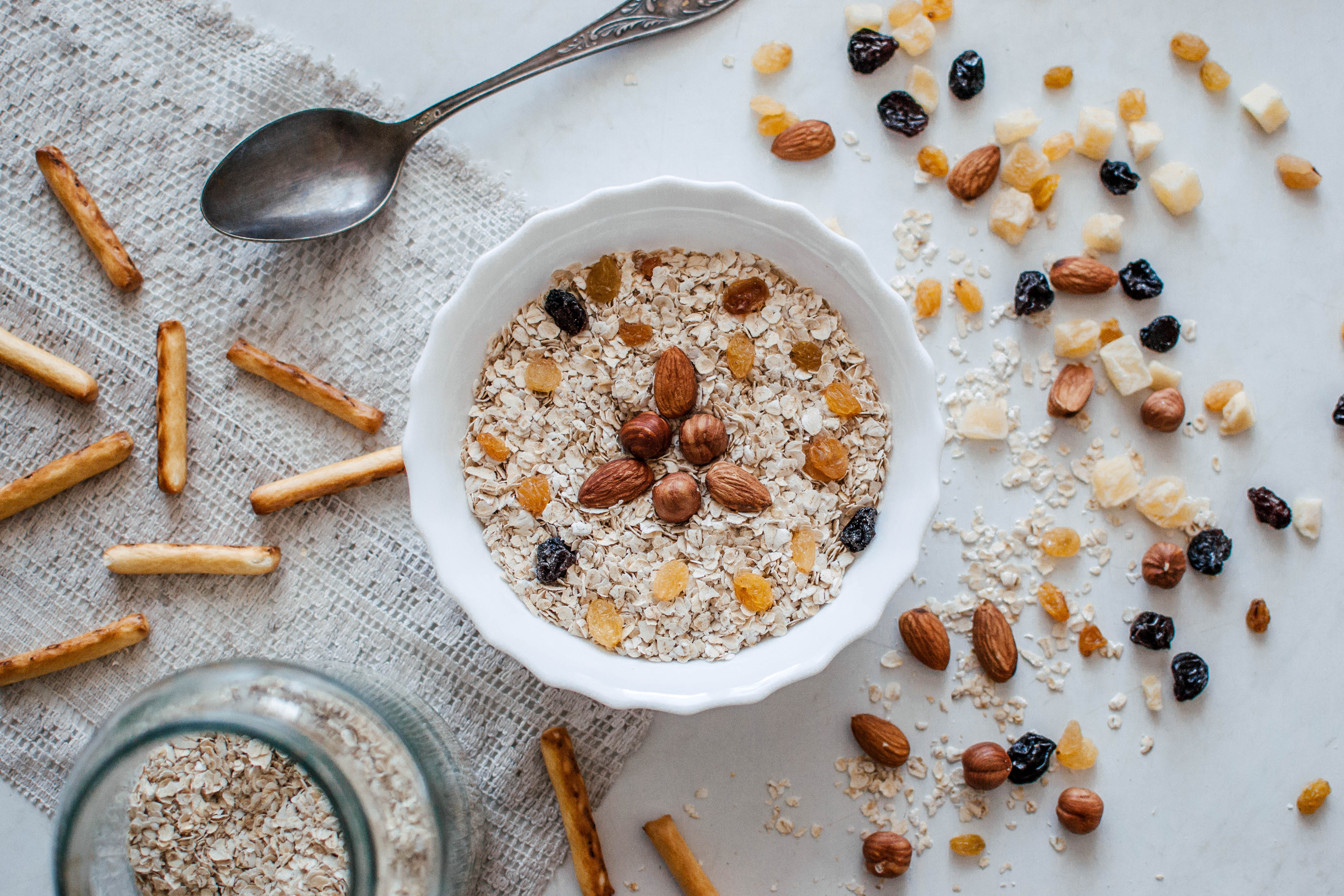
Oats contain important nutrients such as magnesium, zinc, phosphorus, and folate. While oats may not be classified as complete proteins, they do deliver higher quality protein compared to other frequently consumed grains like rice and wheat. Oats can be added to a wide range of recipes like classic oatmeal to veggie burgers. Even better, you can grind them into flour for use in baking some yummy chocolate chip cookies!
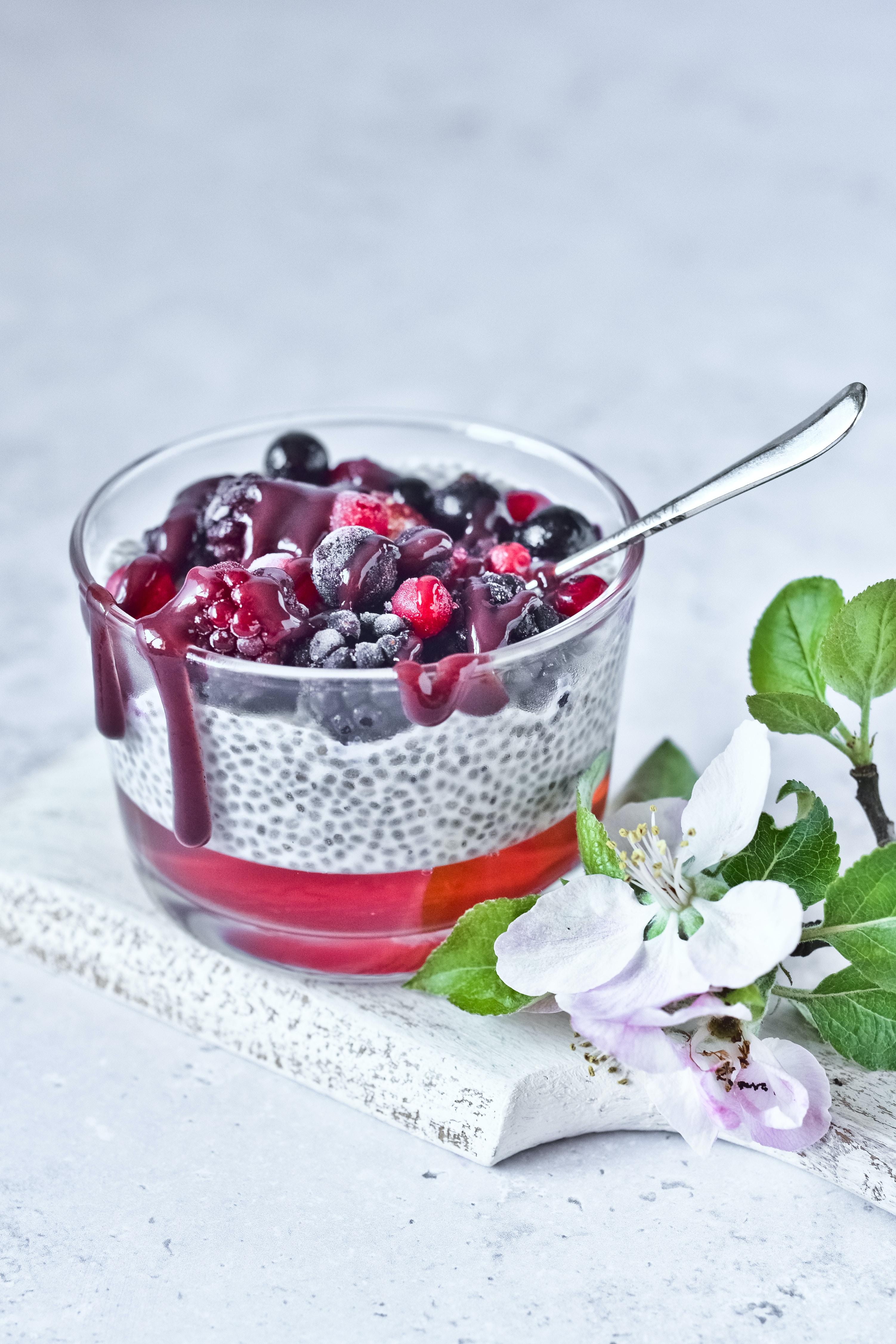
These tiny seeds boast elevated levels of iron, calcium, selenium, and magnesium, in addition to being rich in omega-3 fatty acids, antioxidants, and various beneficial plant compounds. Their exceptional versatility, characterised by a mild flavour and the capacity to absorb water and create a gel-like consistency, makes them a convenient addition to a wide array of recipes. Whether in smoothies, baked goods, or chia pudding, these seeds are your go-to ingredient.
In conclusion, it is evident that a balanced diet is essential for everyone, including those who follow vegan or similar plant-based diets. A balanced diet provides the body with the necessary nutrients, vitamins, and minerals needed for optimal health and well-being. By carefully planning a variety of plant-based foods, individuals can meet their dietary requirements and enjoy the benefits of a diverse and nutritious diet. Whether for ethical, environmental, or health reasons, vegan and plant-based diets can be both fulfilling and healthful when approached mindfully. The key is to ensure that these diets include a wide range of plant-based foods to meet all nutritional needs, ultimately contributing to a healthier and more sustainable lifestyle for individuals and the planet.
A look at a list of Thai celebrities who own restaurants and ...
These top 5 barber shops in Bangkok are where gentlemen can elevate ...
Saturdays are already made for Salmon, now there's even more reason to ...
A detailed guide to hiking the Naga Cave, combining physical challenges with ...
While traditional TV shows are serving us endless boy-meets-girl tales. Thailand has ...
Sailorr and Molly Santana’s black grills fuse hip-hop swagger with homage to ...
Wee use cookies to deliver your best experience on our website. By using our website, you consent to our cookies in accordance with our cookies policy and privacy policy